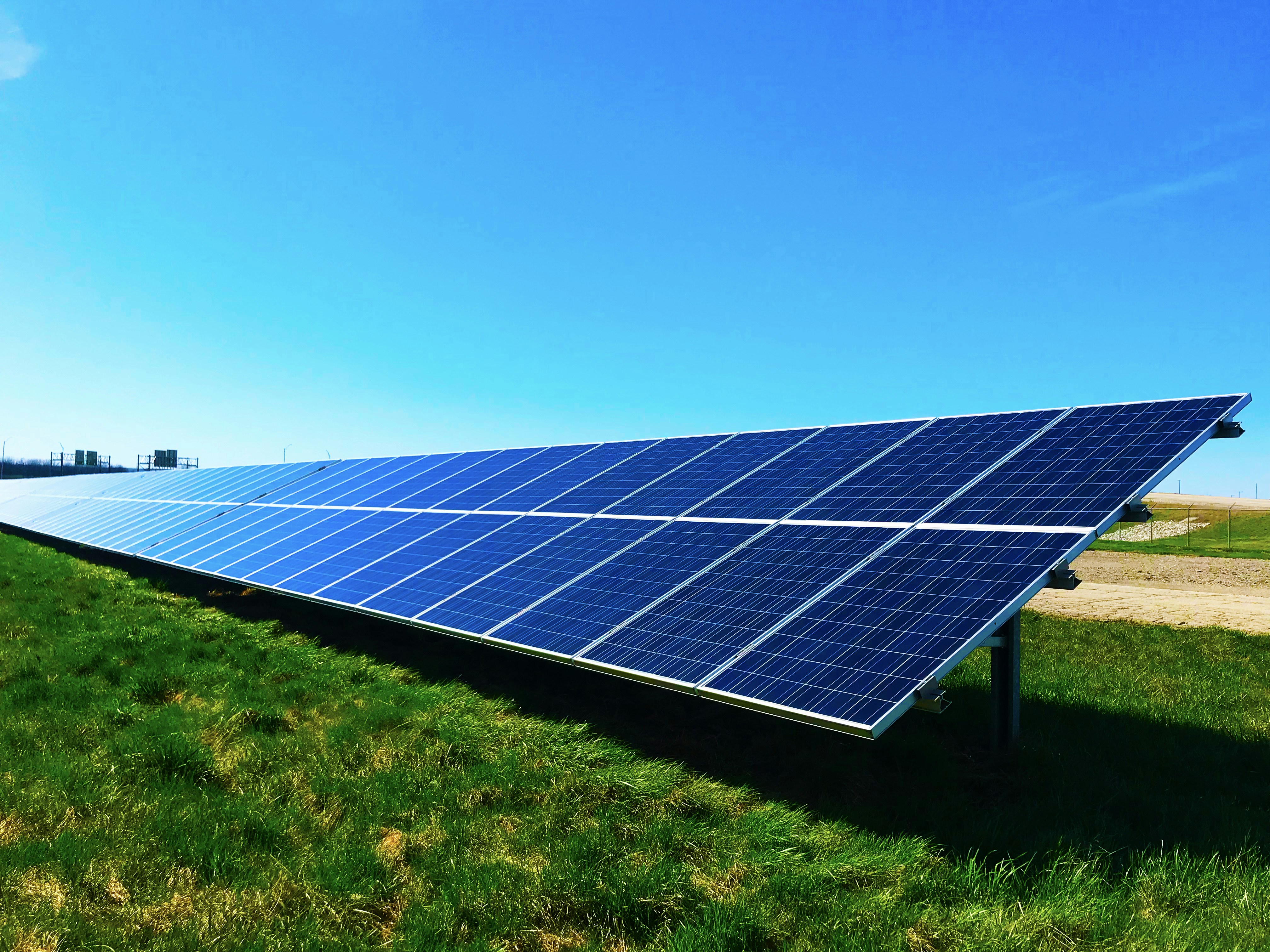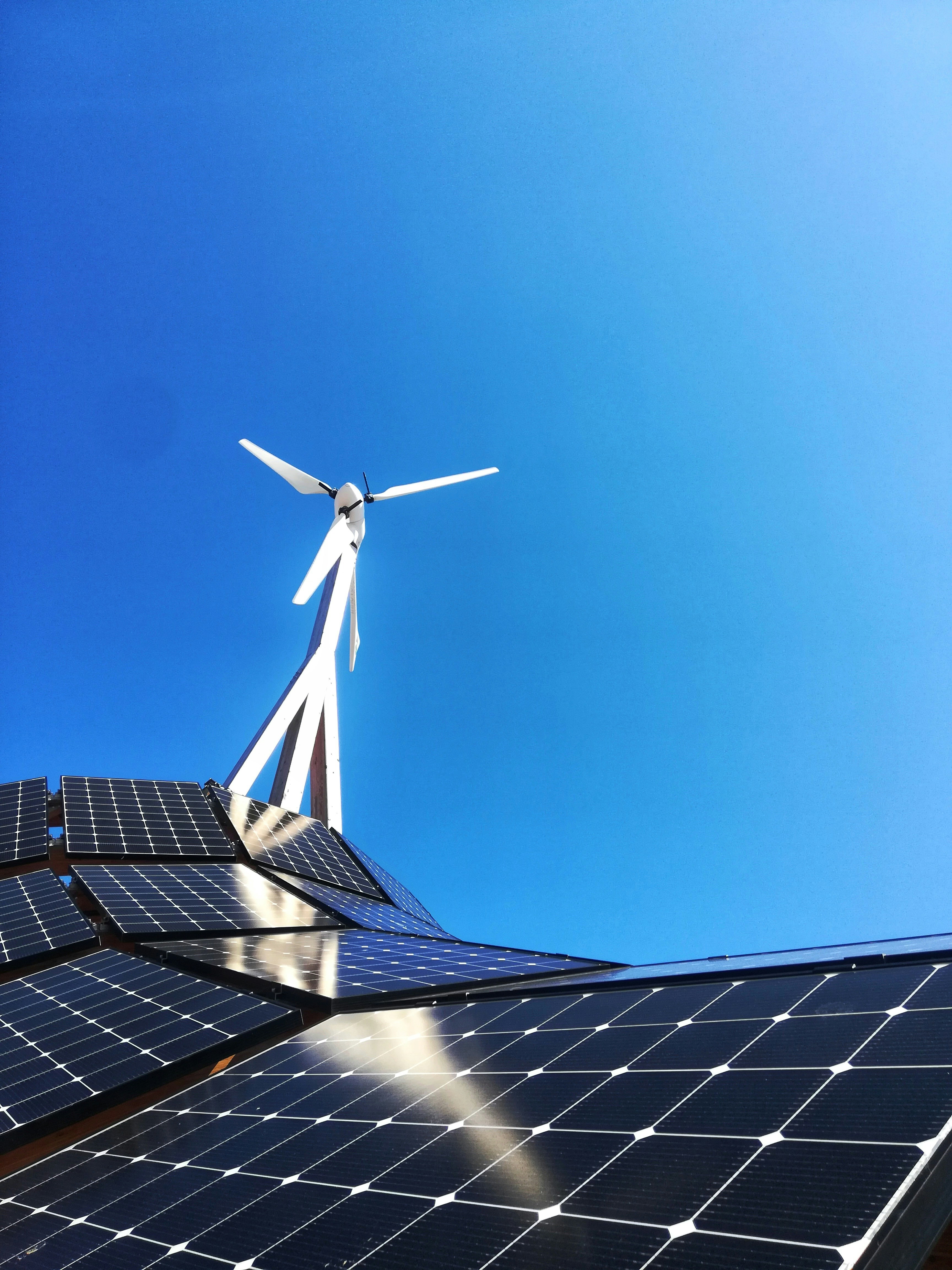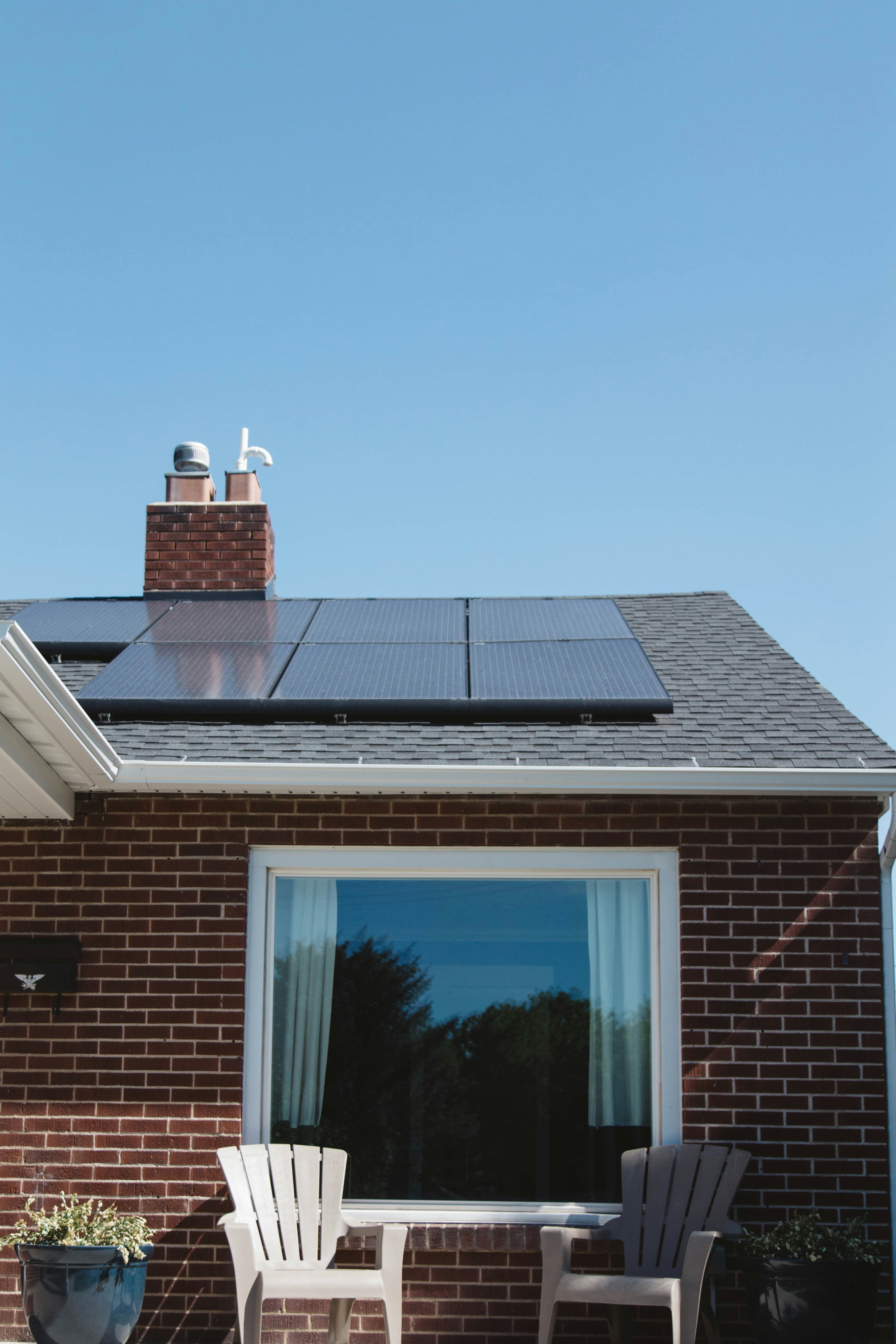Picture this: it’s a beautiful sunny day, and the rays of the sun are not just illuminating your home, but also efficiently heating your water. Sounds fascinating, right? In our upcoming exploration, “Exploring the Potential: Can Solar Energy Also Heat My Water?” you’ll find out exactly how this could be a reality in your everyday life. This article is set to provide you with the ins and outs of solar energy and its multi-faceted potential, with a special focus on water heating. As always, the language is plain and easy-to-understand, and the writing is engaging. So, are you ready to discover how you can make the most of solar energy in your home? Stick around and the sun’s radiant power will shine a light on your queries.
Understanding solar energy
Have you ever appreciated a sunny day and wondered if we could bottle up some of that abundant energy? If so, you’re on the right track! Solar energy is an amazing resource that we have started tapping into. Keep reading to understand how this natural power works and how we can utilize it.
The science behind sun’s power
The sun is a giant ball of gas that generates energy. Its power comes from the process of nuclear fusion, where hydrogen atoms fuse together to form helium. This process releases energy in the form of light and heat. The sun’s light reaches Earth and provides the heat and light that we need to survive. Additionally, it can be harvested for power via solar energy technologies.
Harnessing solar energy: Photovoltaic cells and solar thermal collectors
Photovoltaic cells and solar thermal collectors are two key ways we harness solar energy. Photovoltaic cells are used in solar panels. They work by using light to generate electricity. When the sun’s rays hit these cells, they excite the electrons, causing them to move and create an electric current.
On the other hand, solar thermal collectors are used to directly harness the sun’s heat. They absorb sunlight and transfer the heat to a heat-transfer fluid, which can be used to heat homes or water. They are widely used in solar water heating systems which we will dive into more detail later.
The use of solar energy for electricity
Solar energy isn’t just for calculators or tiny gadgets; it can power entire homes, communities and even countries. Let’s talk about solar power plants and how you can turn your house into a mini power plant.
The concept of solar power plants
Solar power plants are large-scale installations that can generate electricity for thousands of homes. They utilize enormous arrays of solar panels to capture sunlight, which is then converted into electricity with the help of inverters. This electricity is fed to the grid, providing power to homes and businesses.
Residential solar panels: Turning your house into a mini power plant
If you prefer a smaller scale application, residential solar panels might appeal to you. These panels can be installed on rooftops, balconies, or yards, where they can absorb sunlight and convert it into electricity. Essentially, you can turn your house into a mini power plant, producing energy to power your home and potentially even earn a bit by selling excess power back to the grid.
Introducing Solar Water Heating Systems
Besides electricity, solar energy can also be used to heat your water. A solar water heating system could be a great addition to your home.
Definition and working principle of solar water heaters
A solar water heater uses solar energy from the sun’s rays to heat water. It works by circulating water through solar collectors that are heated by the sun. The warm water is then stored in a tank for usage, providing a consistent supply of hot water.
Different types of solar water heaters: Active and passive
There are two main types of solar water heaters: active and passive. Active systems use pumps and controls to circulate water, while passive systems rely on natural convection. The choice between active and passive mainly depends on your specific needs and climate conditions.
Components of a Solar Water Heating System
A solar water heating system isn’t overly complex. It mainly consists of the solar collectors, the heat-transfer fluid (HTF), the heat exchanger, and the storage tank.
The solar collectors
Their job is to collect and absorb sunlight, converting solar energy into heat. These collectors are usually installed on rooftops, where they can get maximum sun exposure.
The heat-transfer fluid (HTF)
This fluid absorbs the heat generated in the solar collectors. It moves through the system, carrying this heat along with it.
The heat exchanger
This component transfers the heat from the HTF to the water that you’ll actually use in your home.
The water storage tank
Hot water produced by the heat exchanger is then stored in a tank. This allows for a regular supply of hot water, even when the sun isn’t shining.
Benefits of using solar energy to heat water
Harnessing solar power to heat water isn’t just a novelty; it brings numerous advantages which include the following:
Saving on energy bills
By reducing the need for gas or electricity to heat your water, solar water heaters can lower your energy bills significantly.
Reducing greenhouse gas emissions
Using solar energy reduces dependence on fossil fuels, thus decreasing greenhouse gas emissions. It’s a greener, more sustainable way to heat your water.
Increasing property value
Installing a solar water heating system can potentially increase your property’s value. It’s a worthwhile investment that can pay off in the long run.
Ensuring consistent supply of hot water
As long as there’s sun, you’ll never run out of hot water. Even on cloudy days, the system can still provide warm water.
Limitations and challenges of solar water heaters
Like anything else, solar water heaters come with some challenges.
Initial cost and payback periods
The upfront costs of installing a solar water heating system can be substantial. However, it’s important to remember that the savings on your energy bills over time will offset this initial investment.
Shadow, weather and season influences
Solar water heaters depend on sunlight. Weather conditions, shadows from nearby structures, and seasonal changes can impact the system’s efficiency.
System maintenance and lifespan
Maintaining a solar water heating system is important to ensure its longevity and effectiveness. Regular check-ups and servicing can help to detect and fix any issues promptly.
Installation process of a solar water heating system
The installation of a solar water heating system requires careful planning and plenty of expertise.
Choosing the right size of system
The size of the system depends on your hot water needs and the available space for installation. An expert can help to assess your situation and recommend the appropriate size.
Placement and positioning of panels
Solar collectors should be installed in a location with maximum sunlight exposure. They must also be angled properly to capture the most sun rays throughout the day.
Installation by professionals
Due to the complexity of the system and the need for proper setup, it’s recommended to have your solar water heating system installed by experienced professionals.
Solar water heaters vs traditional water heaters
When comparing solar water heaters with traditional water heaters, key factors to consider are efficiency, cost and environmental impact.
Efficiency comparison
Solar water heaters are often more efficient than traditional heaters. They use renewable energy from the sun to heat water, eliminating the need for electricity or gas.
Cost comparison over long run
Although the initial installation cost of a solar water heater may be higher, the energy savings over time can make it a more cost-effective option in the long run.
Environmental impacts comparison
Solar water heaters have a much lower impact on the environment as they use renewable energy and emit fewer greenhouse gases.
Government incentives for using solar water heaters
There are various incentives available to individuals and households that install solar water heating systems.
Federal tax credits
The federal government offers tax credits for installing solar energy systems. This can help offset the cost of installation.
State and local incentives
Certain state and local governments also offer incentives such as rebates or grants to encourage the use of solar energy.
Utility company rebates and offers
Some utility companies offer rebates and other incentives for installing solar water heating systems. Check out the offerings in your locality.
Final thoughts on solar water heating
Before you decide if a solar water heating system is right for your home, consider factors such as cost, energy needs, location, available sunlight, and environmental impact.
Is solar water heating right for you?
Every household is different and a solar water heating system may not be right for everyone. It is important to consult with a professional to understand if this system suits your needs and circumstances.
The future of solar water heaters
The future for solar water heaters looks promising. As we continue to seek out sustainable and environmentally friendly solutions, solar energy is becoming increasingly popular. Consider joining the solar revolution and experience the benefits of heating your water with the sun’s power.



